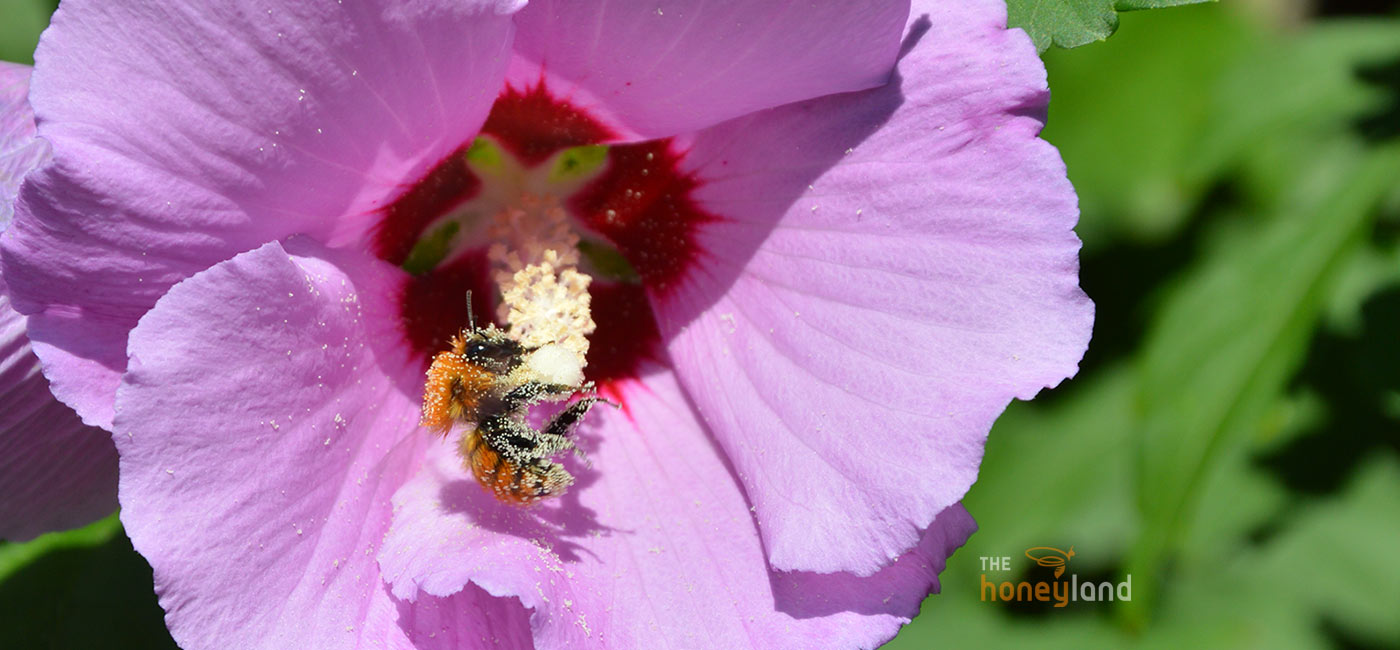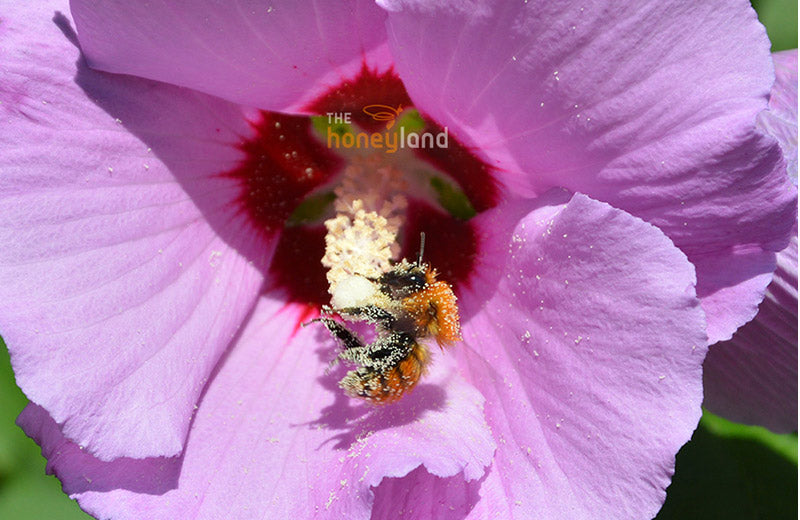«If all humanity disappeared, the world would return to the profound state of equilibrium that existed ten thousand years ago. If insects disappeared, the environment would collapse into chaos.”
Edward O. Wilson, biologist
Insects are disappearing...
Recent studies carried out in Germany indicate that approximately 70% of flying insects have disappeared in the last 30 years. In America alone, the bee population has reduced by almost 90% in the last twenty years. In Italy there are over 1,100 species of wild bees , of which 151 are in decline.
These belong not only to the rarest species, but also to the most common ones, on which the fundamental eco-system service of pollination depends.
In recent years this phenomenon has increased significantly and is especially affecting areas where industrialized intensive agriculture is predominant.
Organic farming The Honeyland
NO to toxic PESTICIDES - which are one of the primary causes for the disappearance of insects and the destruction of ecosystems.
Regenerative artisanal organic . Unlike industrial organic farming which is now adopted by many companies interested in quickly increasing their turnover, The Honeyland farmers practice regenerative organic farming.
This favors the richness of the soil and diversity (including pollinators), but has higher costs than intensive practices (even organic ones).
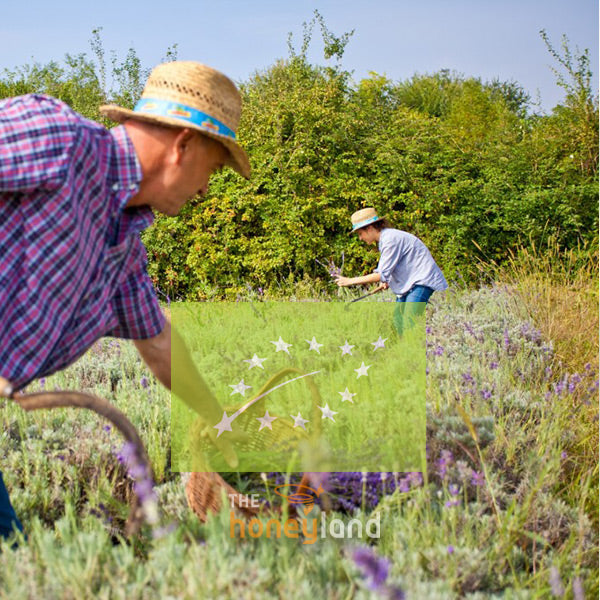
Artisanal organic beekeeping to save honey bees
Despite the media campaigns of recent years around "beekeepers saving bees", intensive farming, but also conventional artisanal farming, is NOT synonymous with sustainability. These small industrious insects often live in polystyrene hives and are subjected to stressful rhythms of work, artificial feeding and heavy pesticides.
The Honeyland supports 20 small beekeepers , among the best in Italy and France , who adopt certified organic beekeeping, guaranteeing greater well-being for the bees.
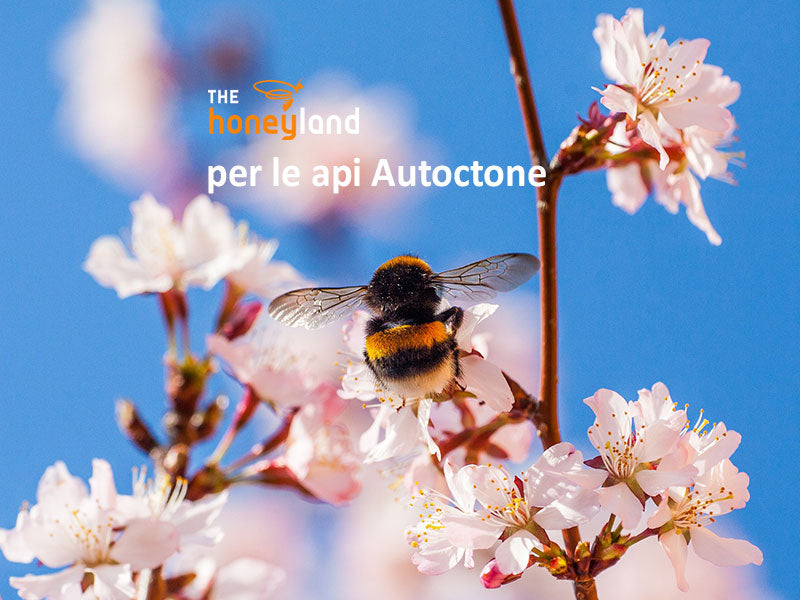
Honeybees and Wild Bees: Which Are in Decline?
When we hear about bee disappearance, many might think it's just about the honeybee. But there are over 25,000 species of apoids on Earth.
Speaking of the honeybee, the reality is that only native honeybee races are in real danger, while hybrid ones are constantly growing.
In the face of such a serious and complex problem, it is clear that local actions such as "Plant Flowers for Bees" or "Adopt a Hive" may be helpful in some conditions, but they are not enough, as many would have us believe...
Native Honeybees, NOT Hybrids.
TheHoneyland supports the "Carta di San Michele all'Adige" for the protection of Italian honey bee subspecies, which are threatened not only by diseases, parasites, and pesticides, but also by a real "genetic erosion".
Recent studies hypothesize that new hybrid bee breeds (increasingly widespread among beekeepers) may enter into competition with wild bees for food sources.
Our beekeepers only breed local bees that have coexisted with wild bees for centuries. These include: Apis mellifera Ligustica Spinola, Apis mellifera Carnica Pollmann, Apis mellifera mellifera Corsica, Apis mellifera Sicula siciliana, Apis mellifera Iberiensis (Pyrenees).
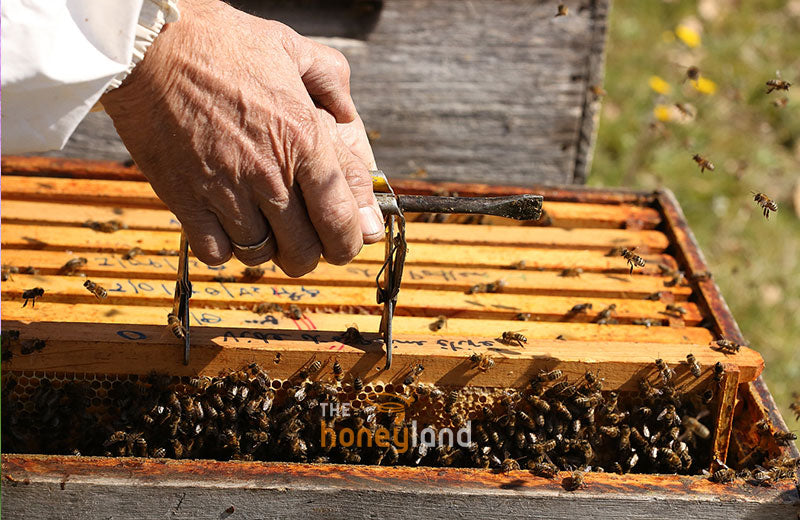
Organic beekeeping TheHoneyland
We have selected around 20 small certified organic beekeepers, among the best in all of Italy, Corsica, and the Pyrenees. Most have received numerous awards for the quality of their honeys.
Some are among the pioneers of organic beekeeping in Europe.
In addition, to save them from the threats of human activities (industrial and urban pollution and pesticides), our beekeepers make great sacrifices to bring their bees to Natural and Mountain Parks, in areas often inaccessible to humans.
Find out more
